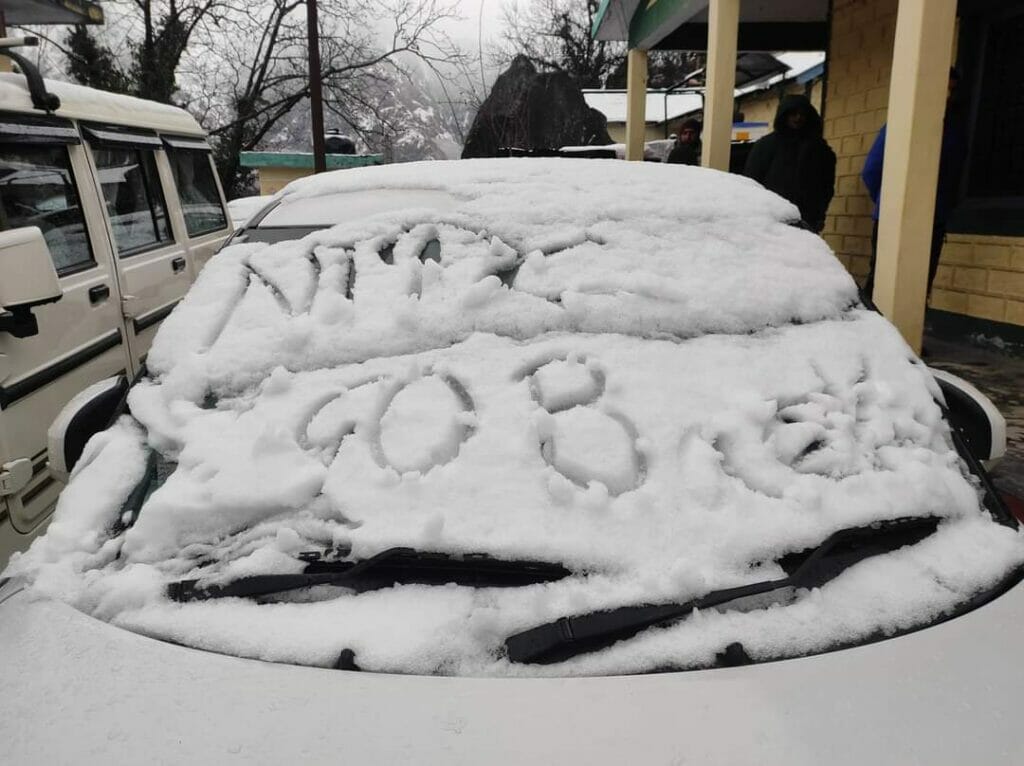“The pace of the Char Dham road project must be reduced to four kilometres a month from the present 40 kms a month. That is the only way to preserve the ecology of the region.” That was one of the many policy and governance issues recommended by Dehradun-based Dr Anil P Joshi in an exclusive interview with Citizen Matters in the wake of the land subsidence incident in Joshimath. Which, Dr Joshi emphasised, is very different from land slips, which are a completely different phenomenon.
The interview covered a range of issues and recommendations for preserving the fragile Himalayan ecology. Like avoiding aggressive development, such as big hydro power and road projects, strong involvement of local communities in all development planning, the need for a scientific approach to planning based on studies and local knowledge.

And to preserve the livelihood of the hill top villages by adopting what he described as “cluster approach by clubbing a group of villages and settlements, providing them with proper civic amenities and encouraging their traditional livelihoods with modern agriculture and horticulture practices unique to that area”.
Read more: Char Dham highway project will only add to urban woes
Regulating tourism, says Dr Joshi, is necessary given that the hill towns have already “exceeded their carrying capacity”. Among measures that the government can consider were “extending the months when the state’s major shrines can be open and also by initiating measures that would keep the numbers manageable.”
Watch the entire interview here:
Dr Joshi has been working for four decades on ecology inclusive economic issues, especially in preserving the ecology of the Himalayan. He heads a socio-scientific organisation called Himalayan Environmental Studies and Conversation Organization (HESCO).
Dr Anil Joshi has been known as the “mountain man” for his work on ecological issues in the Himalayan state of Uttarakhand in particular. Regarding Joshimath in particular, he admitted that the coming monsoon season could pose severe problems for the area.
After quitting his job as Reader in the Government P.G College, Dr Joshi’s emphasis has been on local resource-based rural development and community empowerment, particularly mountain regions. Like persuading local shrines to promote offerings made of local crops to address forward and backward linkage.
He motivated various shrines, especially Vaishno Devi, Badrinath, Kedarnath, Yamunotri, Gangotri, where offerings (Prasad) made from local grains promoting local crops and economy.
Dr Joshi’s advice to the frightened people of Joshimath: “Governments will come and go. But we are the local people. We understand our ecosystem and so should not aspire beyond the limit of nature”.